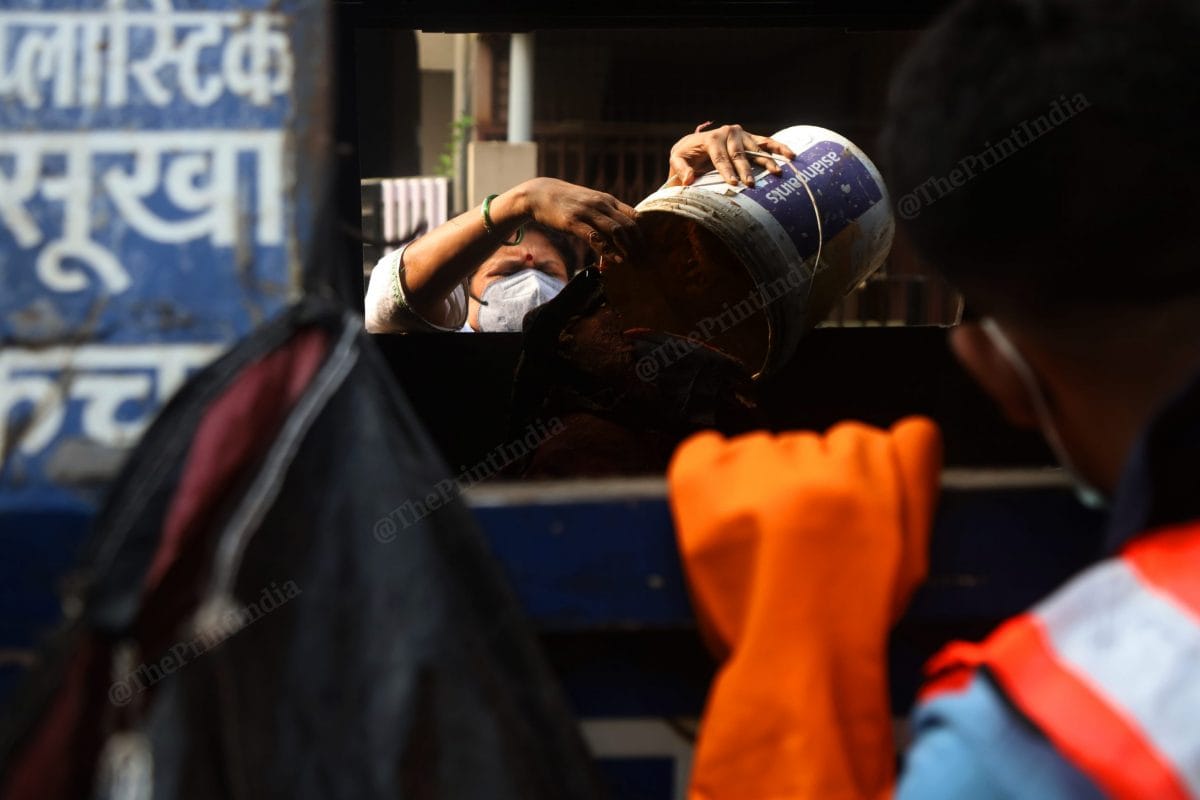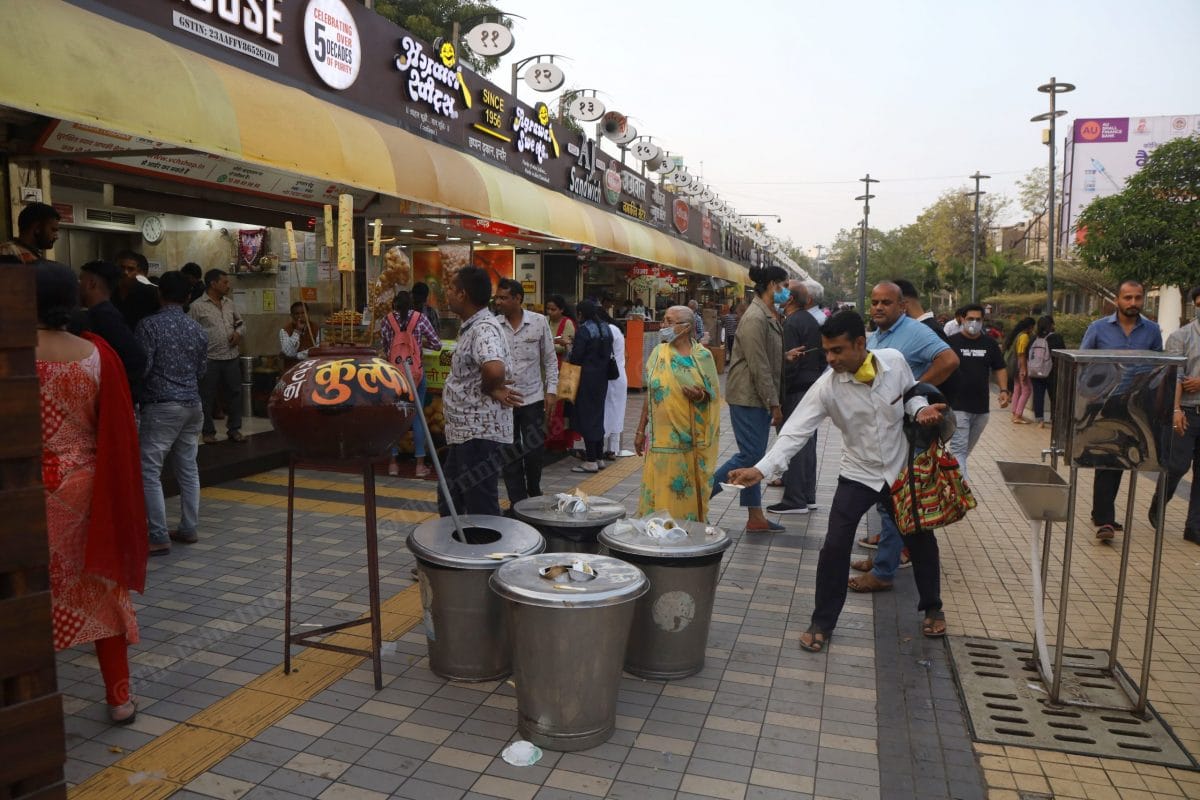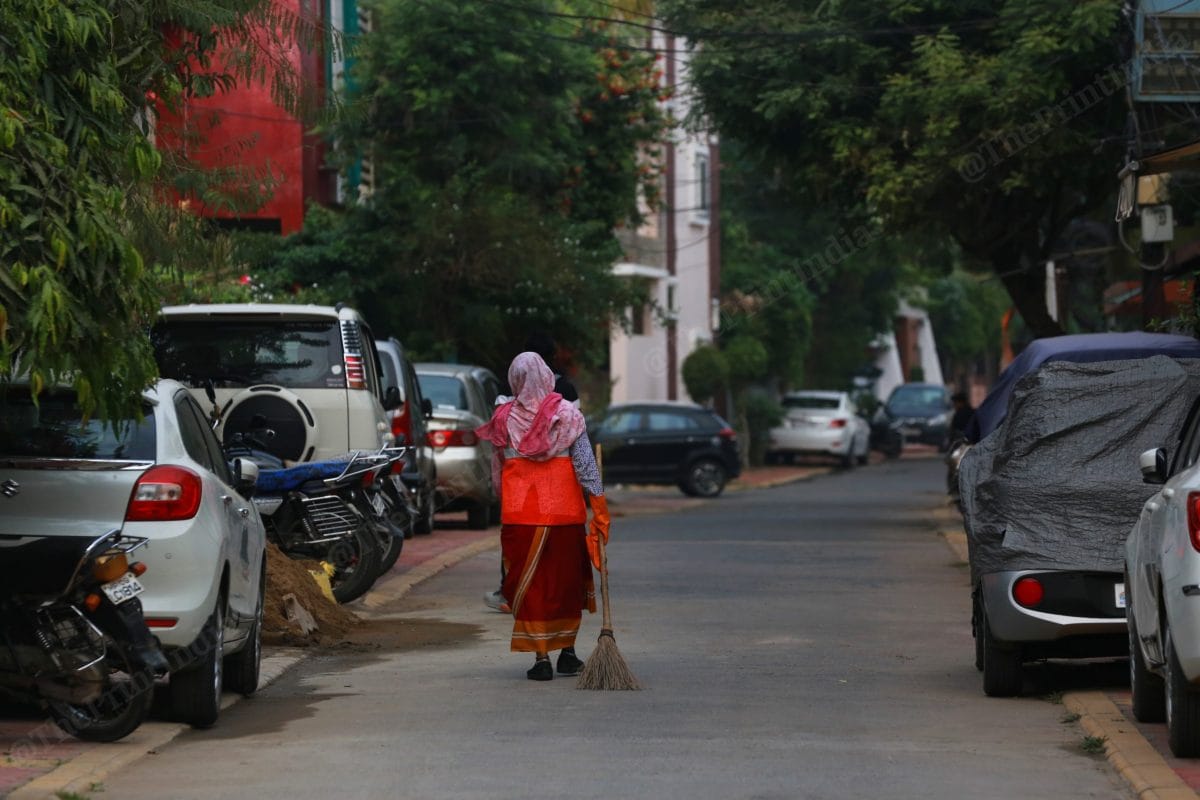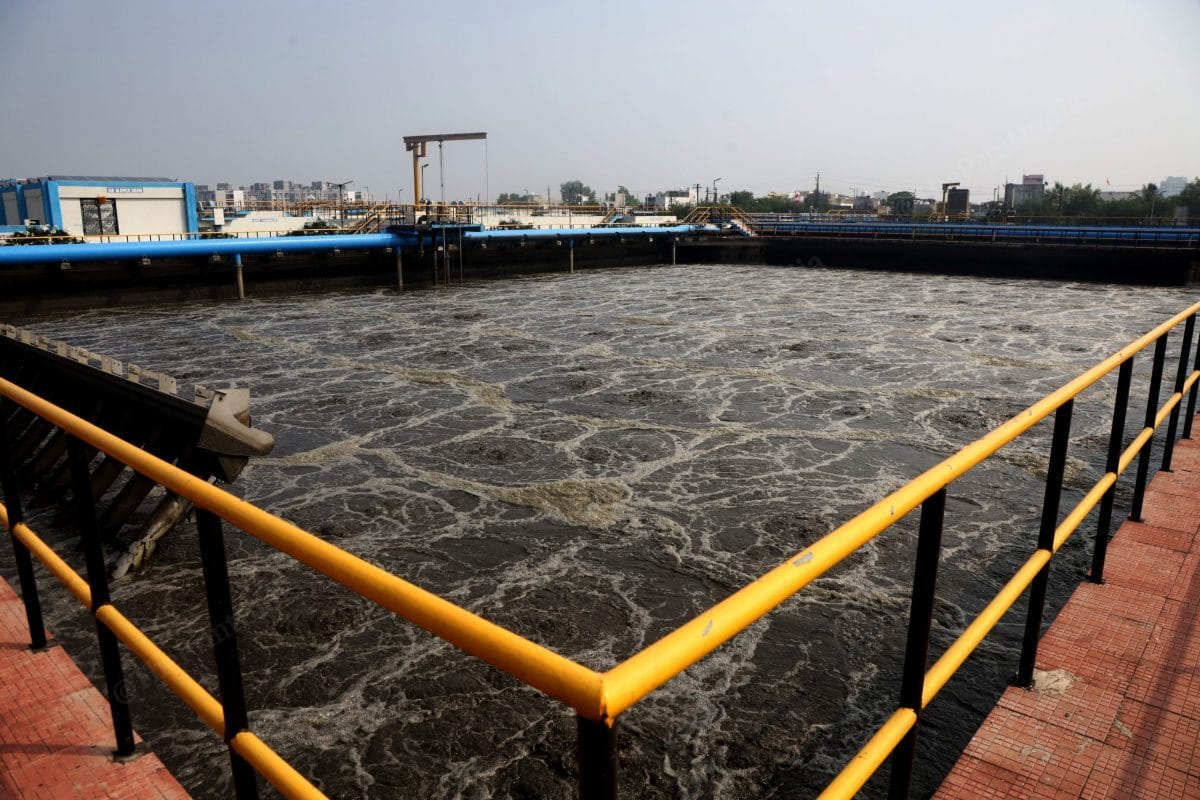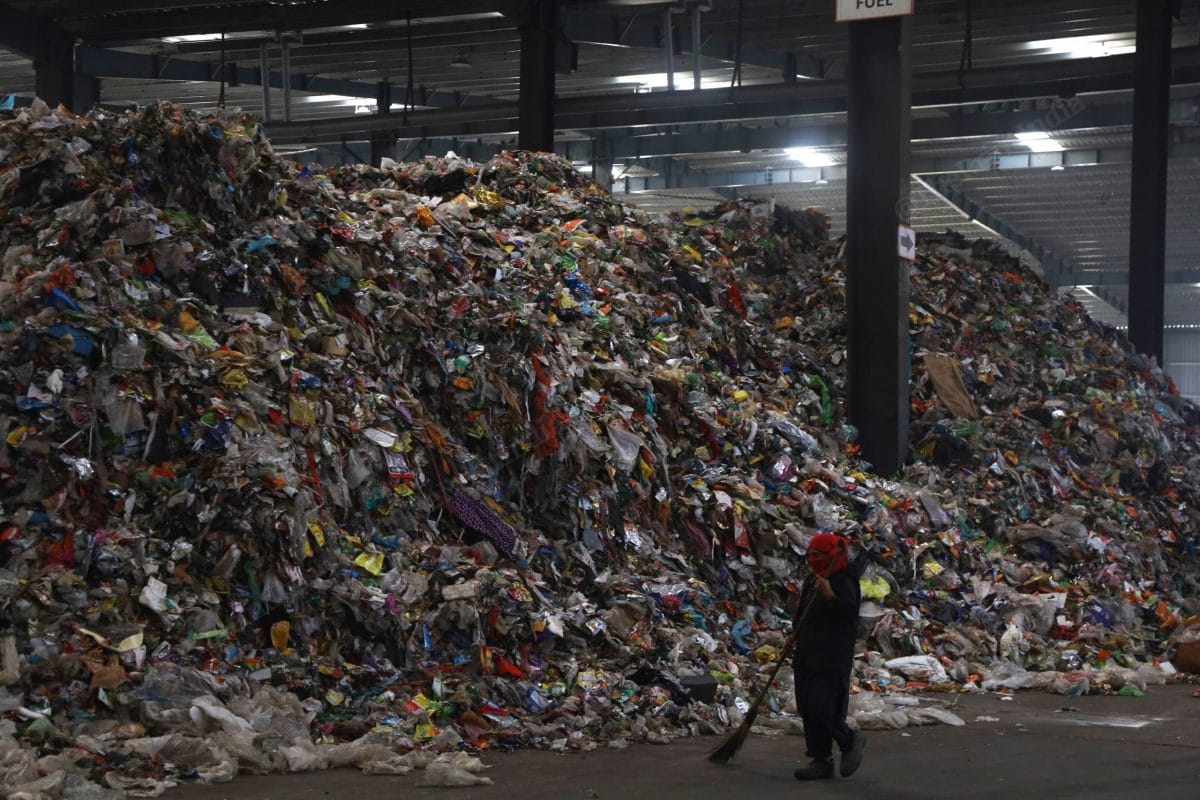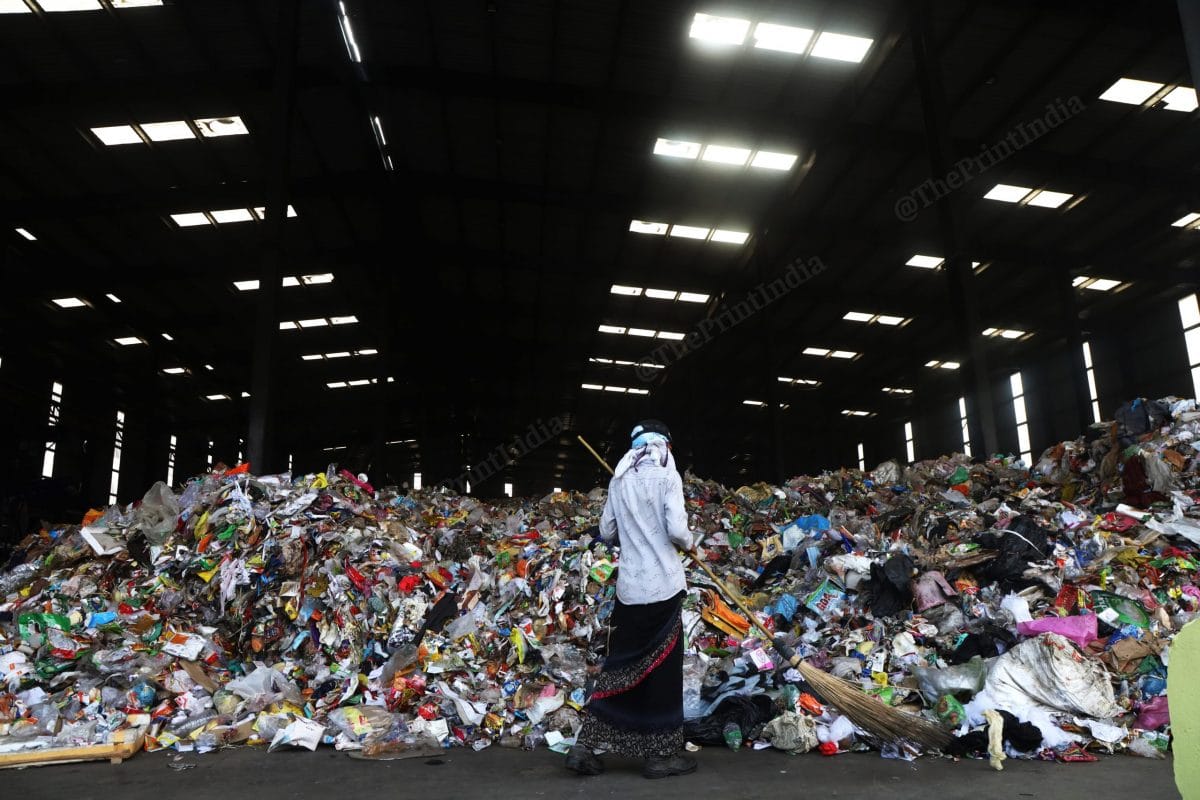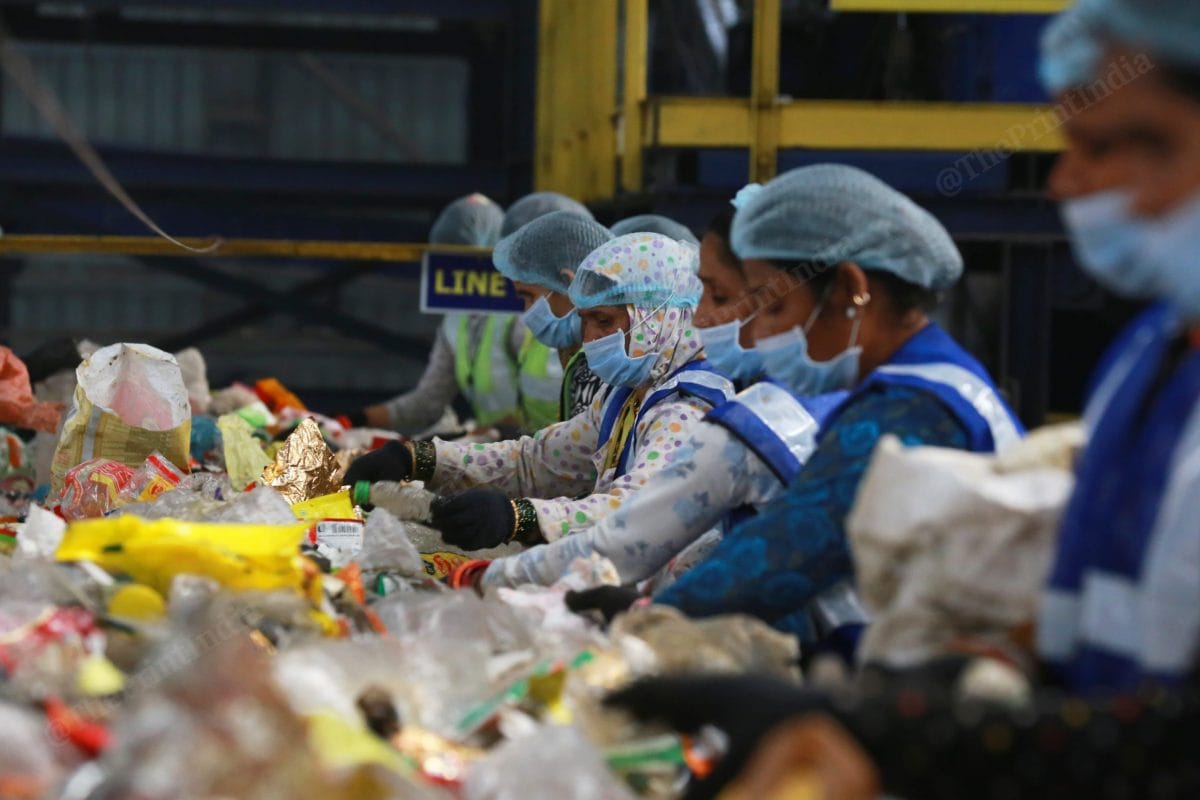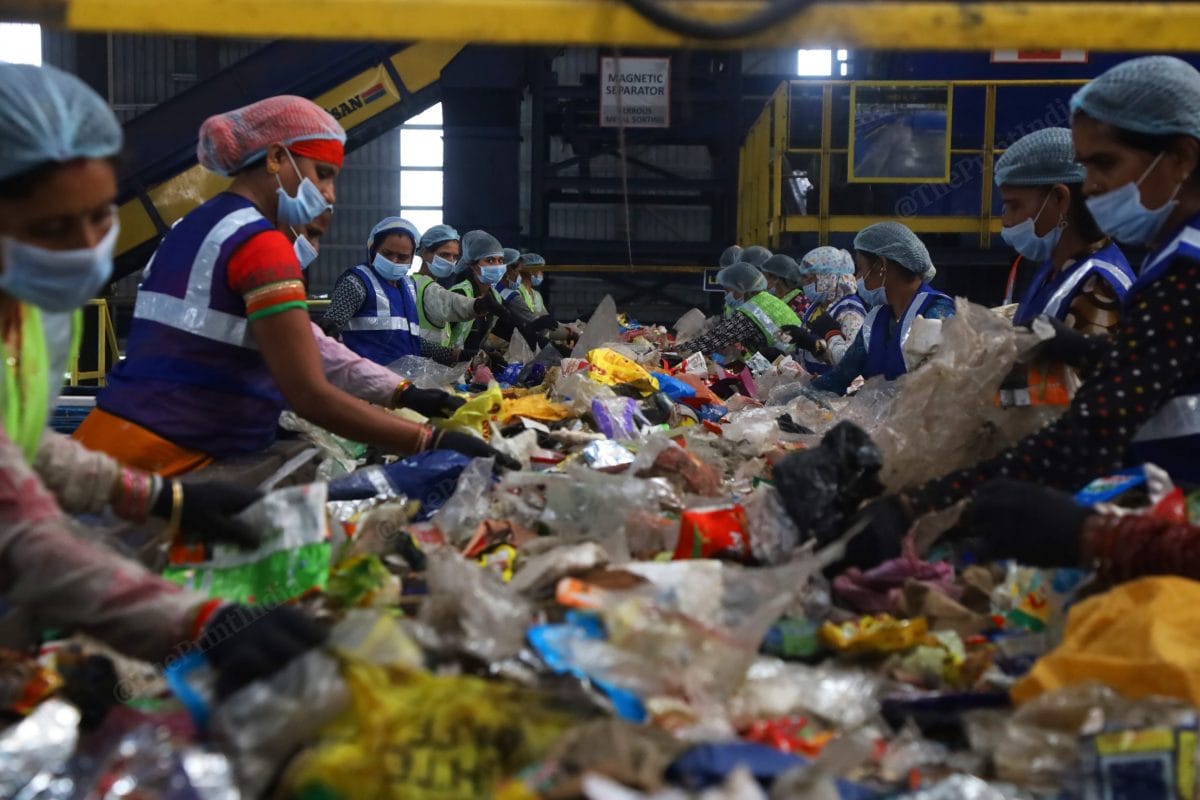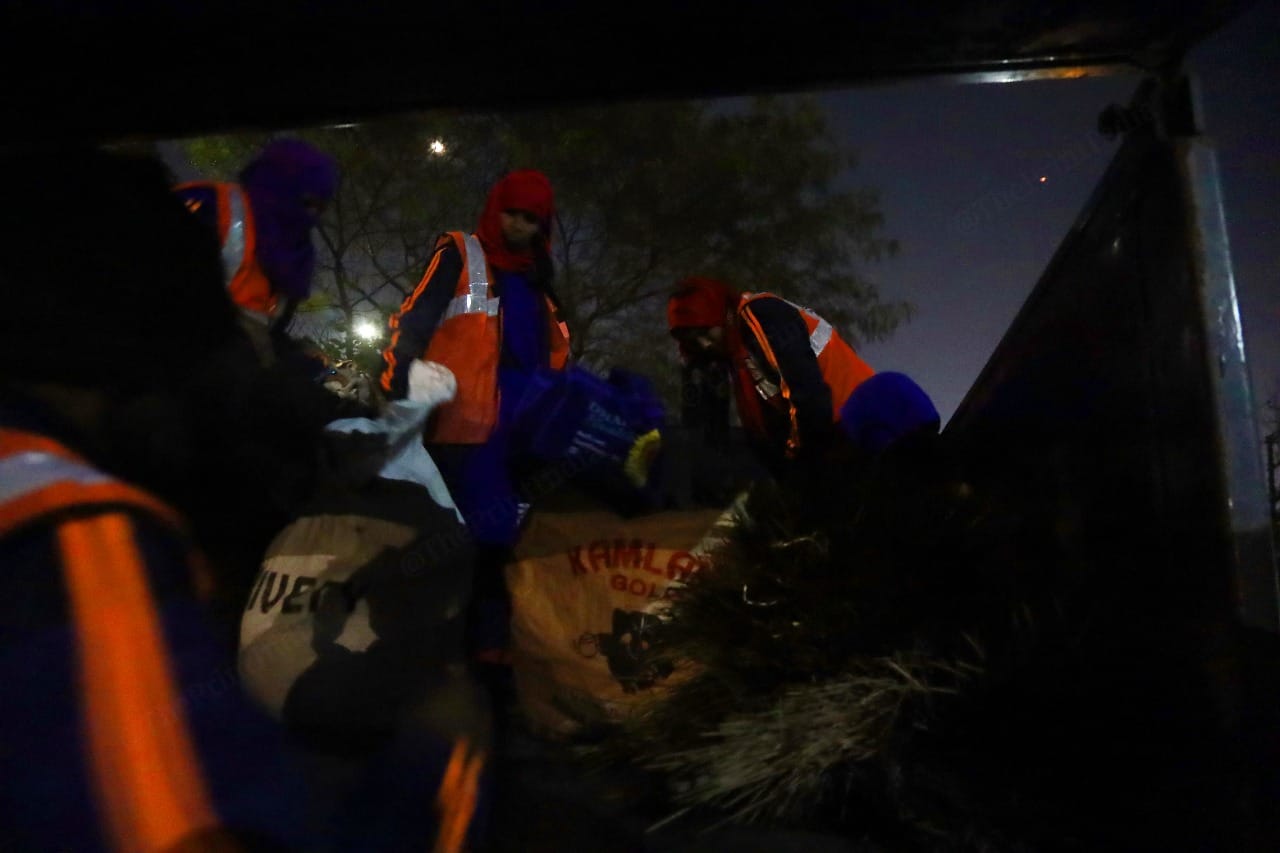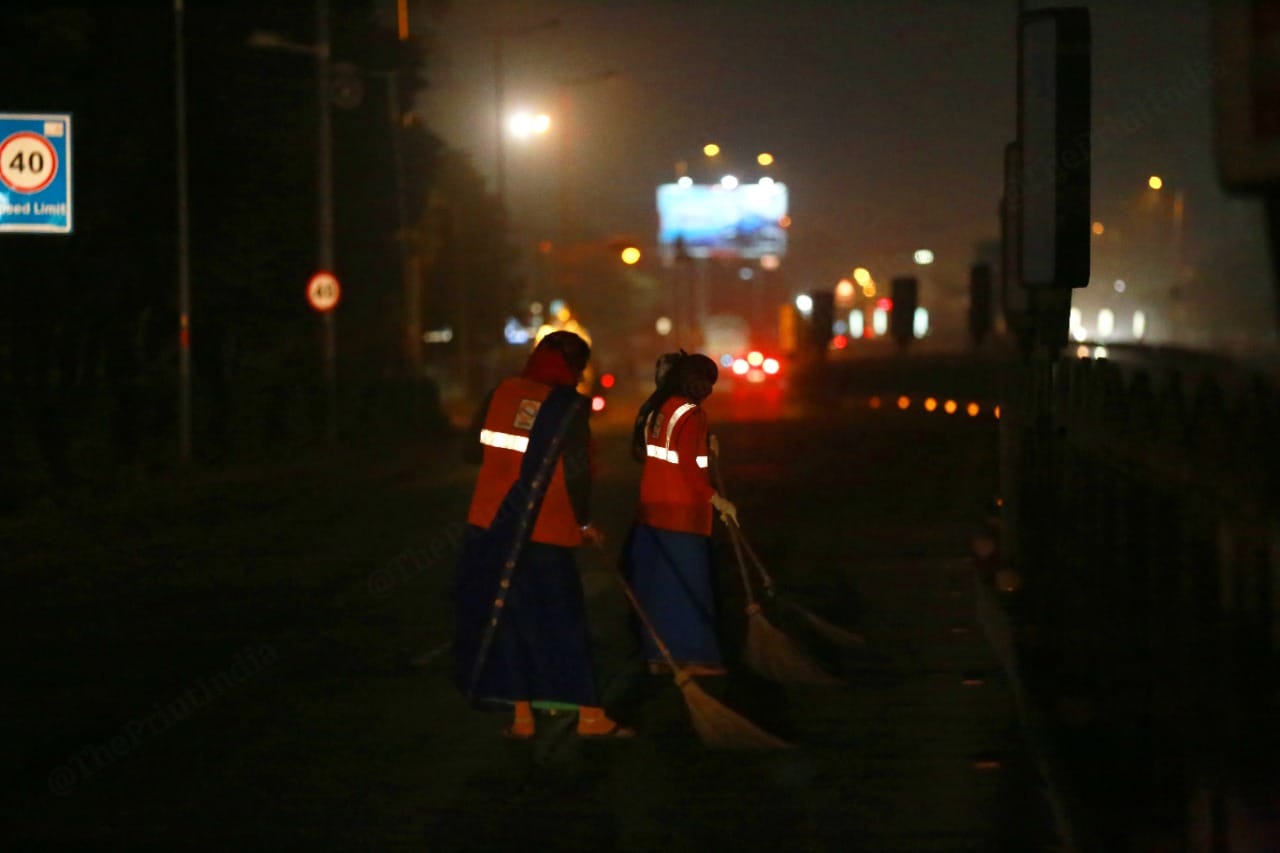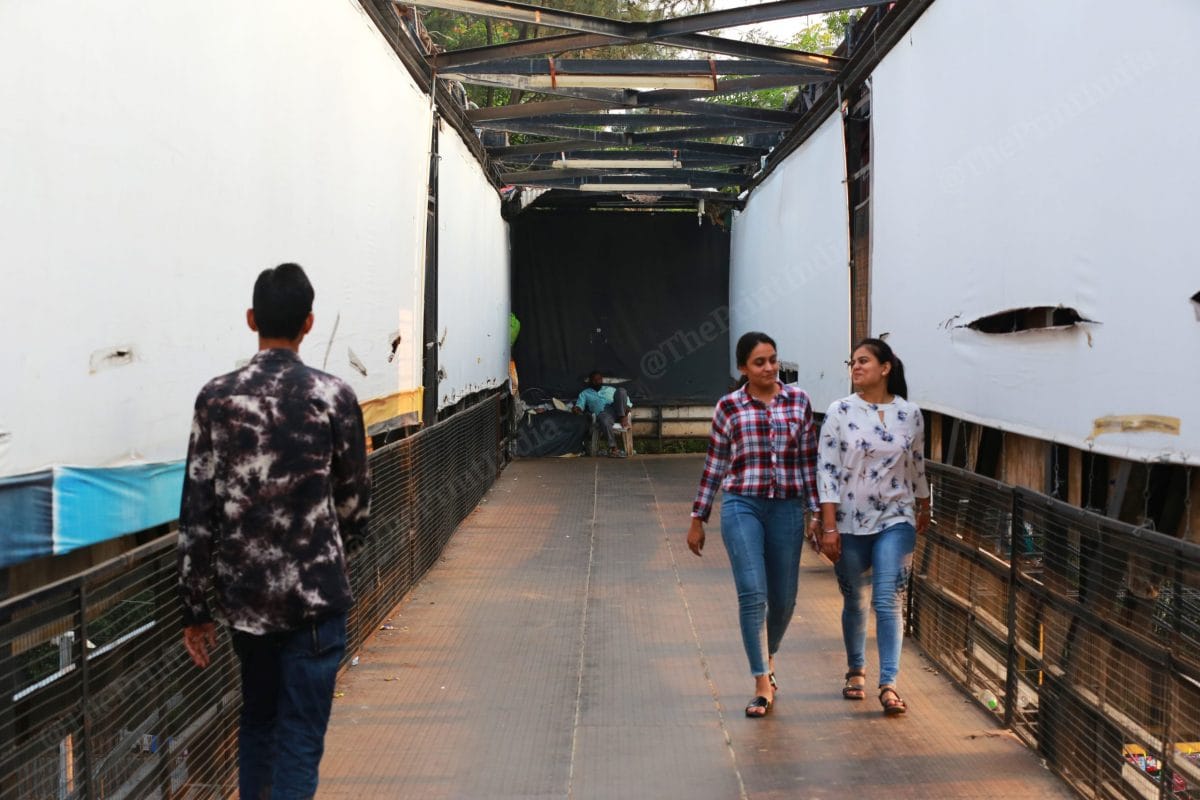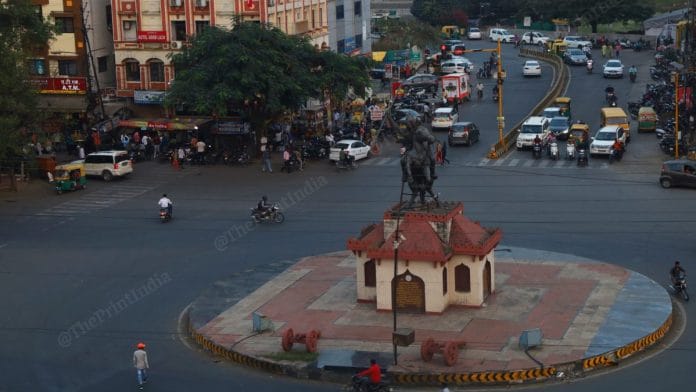Indore: Last week, Indore retained the cleanest city tag for the fifth consecutive year in the Swachh Survekshan (cleanliness survey) 2021 announced by the Modi government. The credit for this goes to the city’s sanitation workers (safai mitras) who work round the clock, responsible citizens, and the administration, which has ensured that there are no gaps.
The safai mitras work in two shifts, the first shift starts at 6:30 am end ends at 2 pm, and the second shift starts at 10 pm and ends at 7 am. There are no open garbage dumps in residential areas. The garbage is collected in municipal vans that have compartments for dry waste and wet waste. Even the residents segregate the waste before it is dumped into the van.
The van then transports the waste to garbage transfer station, where it is segregated into six different types. It then goes to the trenching ground, where the waste is segregated further and then sent to different industries for recycling. Indore has been following this process for five years now. The dumping yard that earlier used to look like a mountain of waste is now a factory where hundreds of women segregate the waste every day.
The Indore Municipal Corporation (IMC) allocates around Rs 1,200 crore annually for sanitation in the city. It levies a nominal user tax from residents for door-to-door garbage collection. It charges Rs 60 per house per month from houses in slums, Rs 90 per house per month in middle-class localities, and Rs 150 per house per month in posh areas.
ThePrint’s Manisha Mondal brings you pictures of the cleanest city.
